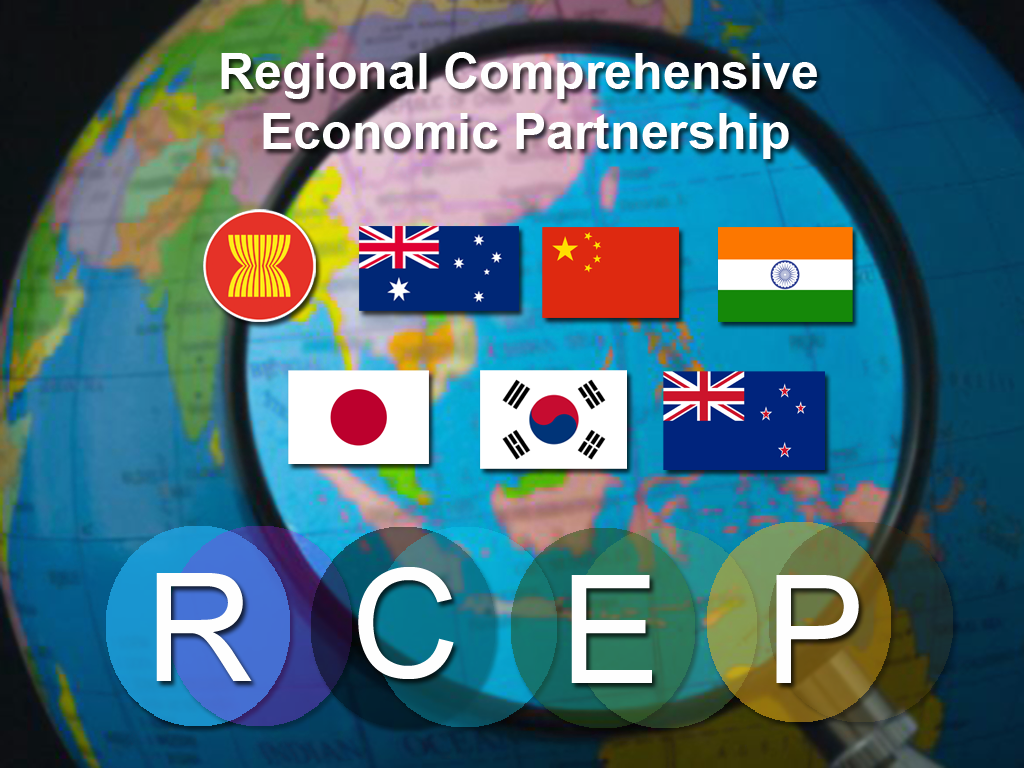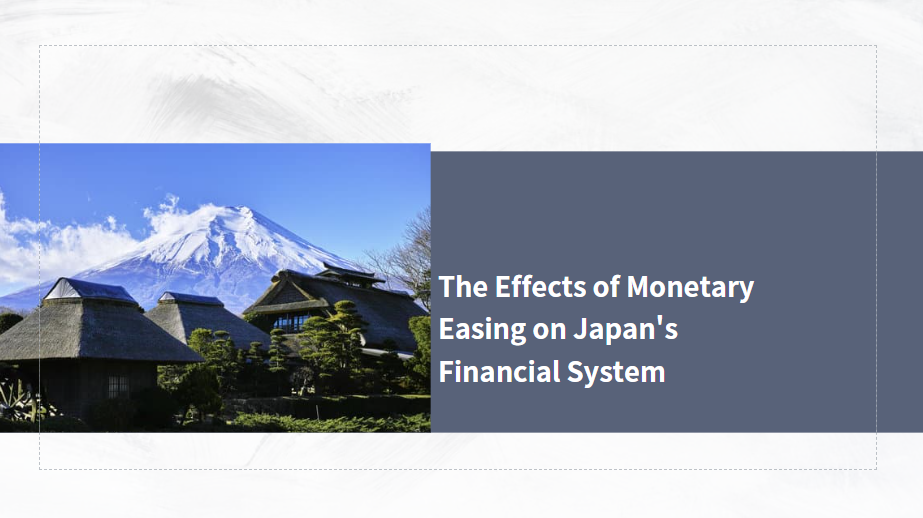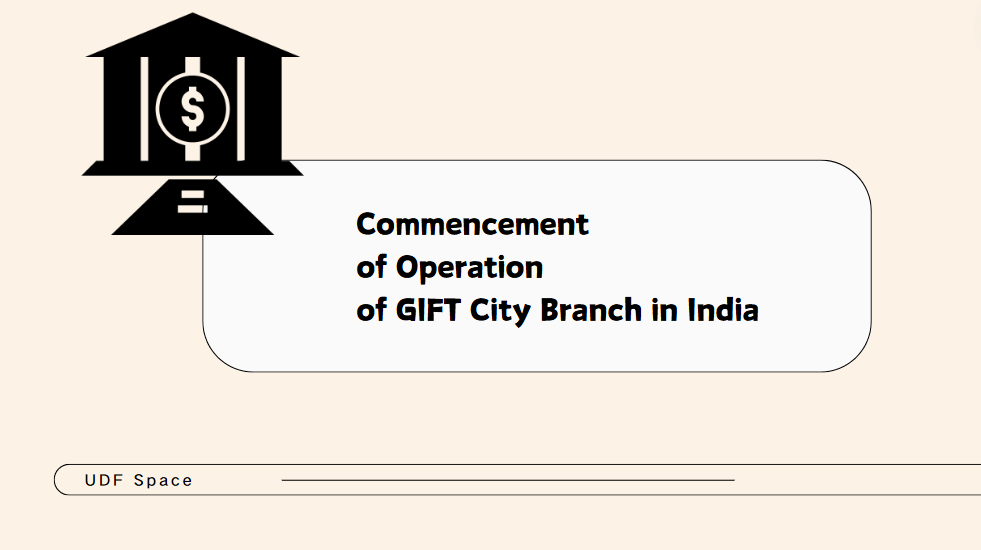BDCB Policy Statement 1/2024
Brunei Darussalam Central Bank (BDCB) today published its first semi-annual policy statement for 2024.
In its policy statement, BDCB noted that the International Monetary Fund (IMF) projected that the global growth rate of 3.2% in 2023 will continue into 2024 and 2025. Meanwhile, the domestic economy expanded by 6.8% in the first quarter of 2024, largely driven by a growth of 8.9% in the Oil and Gas Sector and 5.0% in the Non-Oil and Gas Sector. Looking ahead, the domestic economy is expected to expand in 2024, with positive improvements expected across various sectors. However, downside risks remain amid uncertainty in commodity prices, as well as lower crude oil and Liquefied Natural Gas (LNG) production levels.
While there is a broad expectation that monetary policy will start to become less restrictive towards the end of the year, the Monetary Authority of Singapore (MAS), in its April 2024 Monetary Policy Statement, decided to maintain its latest policy stance as the effects of its monetary policy tightening are still working through the economy and are expected to continue to lower inflation further. Taking these factors and available Consumer Price Index (CPI) data into consideration, BDCB’s inflation forecast for Brunei Darussalam for 2024 is within the range of -0.5% to 0.5%.
BDCB noted that the financial sector's total assets increased by 2.9% in Q1 2024 to BND24.6 billion, of which the Islamic finance sector held BND14.5 billion. Deposit-taking institutions made up 91.7% of the total financial sector assets, with an asset base of BND22.5 billion. The banking industry continues to be robust and resilient, with an aggregate Capital Adequacy Ratio of 20.9% as of Q1 2024. However, a slight decline was recorded in the banking sector's profitability in the same quarter.
In the area of capital markets, BDCB issued amendments to the Guidelines on the Issuance of Debentures to facilitate the adoption of the ASEAN Sustainability-Linked Bonds Standards. Furthermore, in support of financial sector development, BDCB issued the Financial Sector Manpower Survey Data Reporting Guidelines to collect information on manpower demand, emerging employment trends and potential skills gaps within the financial sector.
The full version of BDCB Policy Statement 1/2024 can be found on BDCB’s website at www.bdcb.gov.bn. For further information and enquiries, members of the public may contact BDCB at 8318388, or email info@bdcb.gov.bn.























































First, please LoginComment After ~